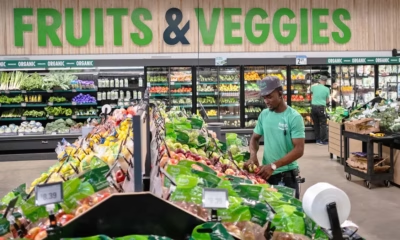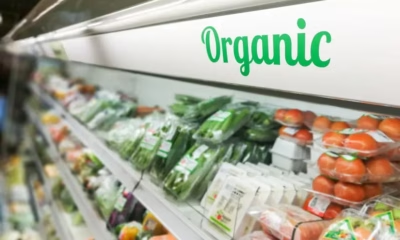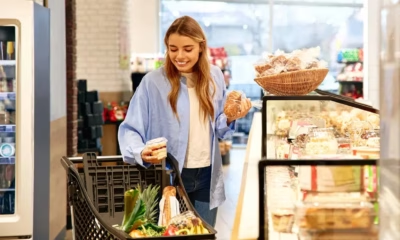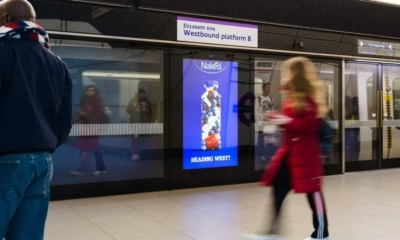Marketing
FMI Midwinter: How Grocers Can (and Should) Capitalize on ‘Occasions’

The FMI Midwinter Conference, held from Jan. 30 – Feb. 2 in Marco Island, Florida, shed light on the grocery industry’s evolving strategies, including capitalizing on shopping occasions, the impact of GLP-1 drugs, and the latest developments in AI and retail technology.
1. How Grocers Can Win More Shopping “Occasions”
- Holidays = Grocery Strength: Grocers dominate during major holidays, but Mass Merchandisers and Club stores take the lead in quick trips, pantry stocking, and special-purpose shopping.
- Shift from Category Selling to Occasion-Based Selling: According to Sally Lyons Wyatt (Circana), grocers must sell occasions, not just categories, to regain lost dollar share.
- Dinner as the Biggest Opportunity: 33% of all F&B dollar sales are linked to answering “What’s for dinner?”Grocers should focus on meal solutions to drive repeat purchases.
2. Retailer-CPG Collaboration is Critical
- FMI Midwinter was co-hosted by:
- Focus on Retailer & CPG Partnerships:
- Address growing private label competition
- Strengthen retailer-supplier relationships
- Prioritize the collective customer experience
3. Gen Z Shopping Preferences: A Surprising Blend of Digital & Nostalgic
- Meijer’s ‘Immersion Day’ on Gen Z shopping habits revealed:
- While highly digital, Gen Z also craves in-store experiences
- Interest in “store-within-a-store” concepts and nostalgic retail experiences
- Retailers should blend digital convenience with engaging physical store layouts
4. The GLP-1 Effect on Grocery Baskets
- GLP-1 drugs like Ozempic are reshaping food purchases, with some estimates predicting a third of the U.S. population could soon be taking them.
- Hy-Vee and Lowes Foods are adapting by:
- Offering high-protein, low-calorie meal options
- Redesigning private label brands like Lowes’ Brown Bag to highlight health benefits
- Optimizing convenience store selections to fit new dietary preferences
5. AI & Retail Tech Innovations
A. Generative AI in Grocery
- Microsoft’s Jeffrey Strasser explained how Generative AI can instantly generate insights, assisting with:
- Personalized promotions
- Automated content creation
- Dynamic pricing strategies
B. RFID Technology Still in Development
- Bill Toney (Avery Dennison) highlighted RFID’s potential, particularly in:
- Supermarket bakery departments for tracking expiration dates
- Inventory management, though widespread adoption is still years away
C. AI & Cameras Enhancing Store Security
- Michael Limauro (Whole Foods Market) discussed AI’s role in safety & efficiency:
- 360-degree overhead cameras for tracking store hazards & employee activity
- AI alerts during weather events to inform store managers of potential disruptions
- Parking lot security monitoring with AI-driven alerts to deter theft & vandalism
D. Data is the Key to AI Success
- Industry leaders emphasized data accuracy as the foundation of AI success:
- Clean, structured data is essential for AI applications to be effective
- Hiring the right talent for AI integration is becoming a priority
Final Thought: The Future of Grocery is Data-Driven
With AI, automation, and data becoming more central to grocery operations, the key to success will be leveraging technology to enhance customer experience, optimize store operations, and adapt to new consumer behaviors like those driven by GLP-1 medications and Gen Z shopping habits.
Deep dive how to attract Millennial & Gen Z habits here!
Continue Reading





















